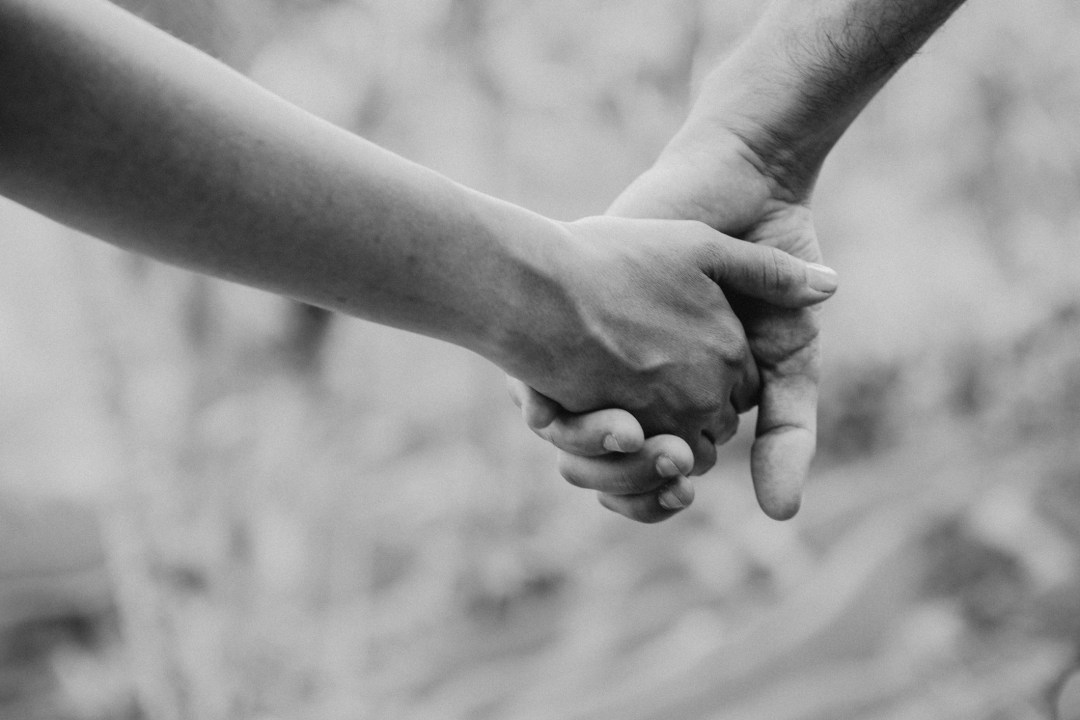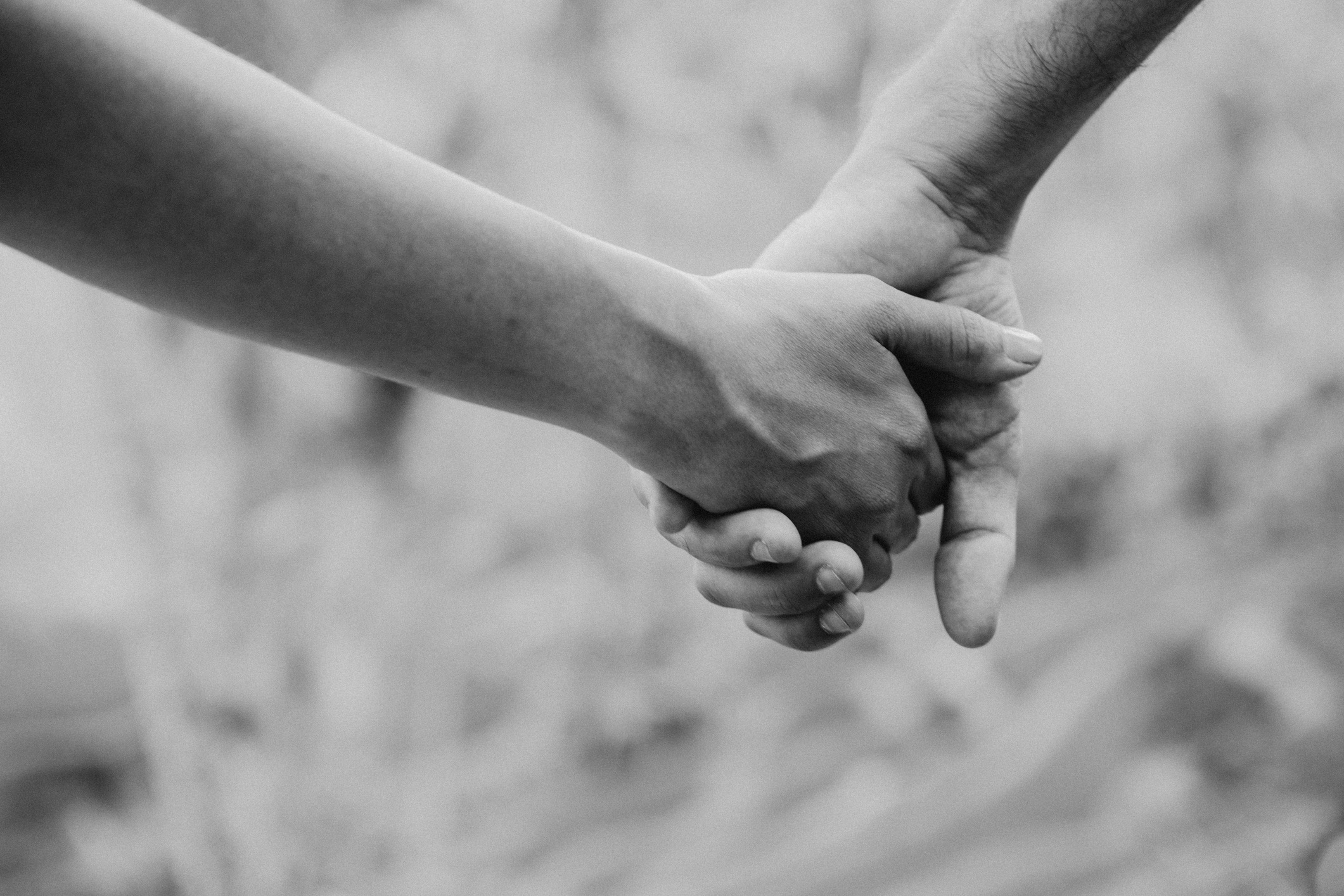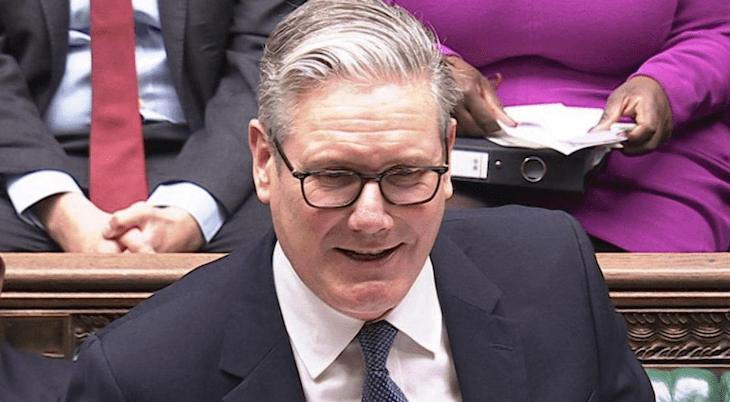My own episode of Long Lost Family doesn’t involve a hug from Davina McCall or a visit from Nicky Campbell, armed with a box of tissues and the kind of tight smile that tells you that you’re about to cry your eyes out. It begins with an unexpected call from my brother who lives in the United States. Had I got a minute? Perhaps I should sit down…
We have a sister living in Matlock in Derbyshire, he said. She was born in August 1976 – making her a year and half my junior – and had come to light through the wonders of a genetic match on the family history website Ancestry.com, which my brother had put his DNA on.
Was I surprised? Not massively. In his day my dear late father was a handsome devil: an ex-military, poor man’s Roger Moore who was suave, witty and charming in equal measure, and – rather like Squire Western and his foxes – absolutely devoted to the chase.
So after my own parents’ marriage dissolved in the mid-1970s and Frank, my father, moved back ‘home’ – to where his mother’s family came from in Derbyshire – I’m not at all surprised that he found the sort of solace that would produce another sibling. What was perhaps surprising is this new sister wasn’t by the woman he married when he lived there.
Finding a sibling is fundamentally discombobulating; what you thought was fixed about the world closest to you is now altered. You don’t realise it at first but, like it or not, you’re going to have to make space for another chair around the fire and let them in.
So the next morning, I called up this new sister, Joanne, and we spent about an hour on a video call. It was a hard call to initiate – but it turned out to be a joy.
Any potential doubts I might have had about the truth of it all vanished when I learned that she was a nurse practitioner working in emergency care – medicine is in the blood going back at least five generations. What’s more she kept cocker spaniels, my father’s favourite dogs. I was told that her mother had cleaned for a man called Frank in the mid-1970s and that he used to pick her up in his red sports car…
In turn I was able to tell her about the missing parts of her family story – the grandmother who had been a nurse at Guy’s Hospital in the 1920s, the grandfather who was a pathologist – and it emerged that she lived next door to the site of the old factory that her newly discovered great-grandfather had owned.
Then came a revelation for me. After about a month, I think, Joanne told me why she had gone searching for her father’s family: she had cancer, the sort that you’ve never heard of and which her oncologist had only ever seen one case of. She was 47 at the time and determined to fight it and was clearly working hard to get the best advice and information. It was incredible to hear her talk about it: her fight, her focus.
I sat next to my new sister – marvelling at the realness of her – while our spouses sat opposite. Joanne’s husband was dumbfounded at the similarity between us
Eventually, between her cycles of chemotherapy and our colds – a constant feature of family life – we all met up; both families, for breakfast in Matlock. This was all very Long Lost Families. What should I wear? The nervous drive to the venue; the head numb because of the immensity of it. You’ve seen it on the telly. And they do capture rather beautifully.
But what a breakfast it was. I sat next to my new sister – marvelling at the realness of her – while our spouses sat opposite. Joanne’s husband was dumbfounded at the similarity between us, a comment I’ve heard a lot since. By then not well at all, Joanne had lost a lot of weight, but her composure was incredible. She was in pain, but you’d have never known. Breakfast lasted two and a half hours. It was a joy, and afterwards I sobbed.
A month later I was back in Derbyshire. Ashgate Hospice outside Chesterfield, it turns out, is an amazing place with sun-dappled lawns and lovely staff. Joanne’s husband was there with their children, who were warm and incredibly supportive of their mum – a credit to her. She and I chatted for more than four hours, looked at family photos, laughed and just sat. With a heavy heart we parted with a deep hug and I thanked her for finding me and other siblings, for doing that DNA search, which irony upon ironies, was prompted by her cancer diagnosis. ‘Bye bye,’ I said lightly, with wave and smile because I was sure I would see her again before long. A week and a day later, she died.
At the funeral there were some 300 people, including friends and colleagues from her hospital. Her son spoke with incredible fortitude. As a newcomer to the fold, I was embraced by Joanne’s family, her sisters and her wonderful extended family.
Having watched episodes of Long Lost Family and written it off as a species of misery porn and even potentially exploitative of the people whose pains its exposes, I discovered that it’s not like that at all. Not if my own personal version is anything to go by. You learn that blood truly is thicker than water, and not just because of cocker spaniels. Our genetic predispositions really are more potent than we think or like to admit.
As to this modern fad of people sharing DNA material on the internet, I realised it’s not such a bad thing. I just wish we had done it ten years ago, when our father was still alive and could have had the pleasure of meeting Joanne too. How proud he’d have been. Goodness, and her children, too. He’d have been over the moon. So perhaps more of us should do it?
In my case, at least, whatever the short-term shock or pains or emotional inconvenience of discovering an unknown sibling later in life, the reality of that knowledge is far more enriching than the not knowing. More is more is more. So if you are at all unsure and would like to find someone, while I can’t promise a happy ending, I can tell you without a shadow of doubt that it is the better of the available options. My darling little sister thought so and I would not choose to disagree with her. Rest in peace, Joanne, and thank you with all my heart for finding me.








Comments